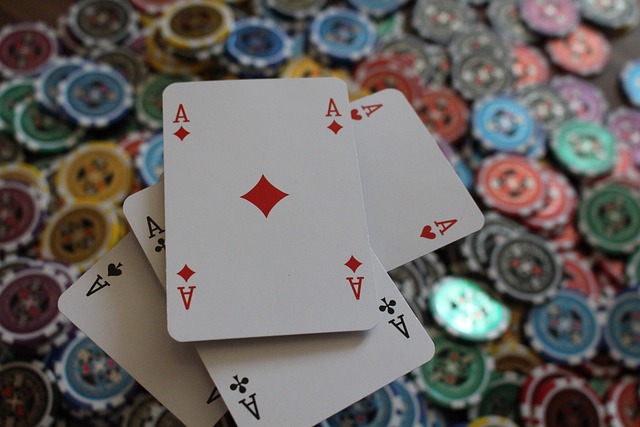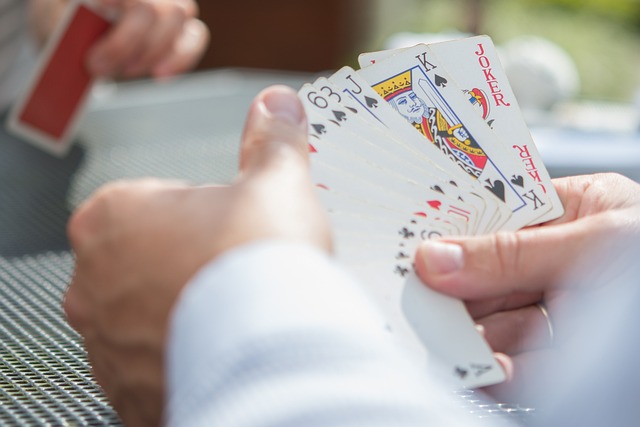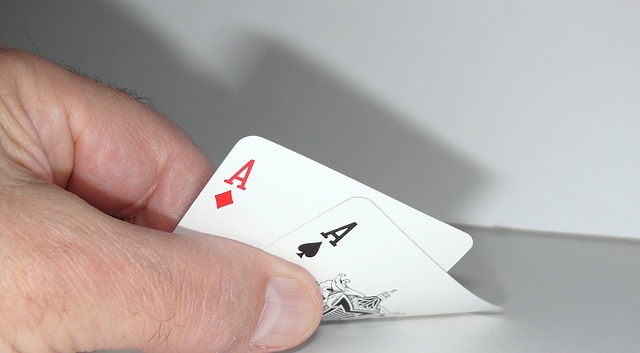Fairness is a central concern for any gambler. Understanding how odds are structured, what influences house edges, and which games rely on skill versus pure chance can guide smarter decisions. Not all casino games are created equal, and recognizing the differences helps players identify where value exists and where outcomes are largely predetermined.
This post examines fairness across casino games, the trade-offs between skill and luck, and practical ways to make informed choices.
What Determines Fairness
Fairness in gambling is usually measured by the house edge, volatility, and transparency of rules. House edge represents the built-in advantage the casino has over players, while volatility reflects how quickly results fluctuate. A game with a low house edge and predictable outcomes is generally “fairer” from a mathematical standpoint.
Transparency matters too. Games with clear rules, published odds, and verifiable results allow players to assess their chances realistically. Games lacking these qualities may appear fair but carry hidden risks.
Key Concepts
- House Edge: Percentage of each bet the casino expects to retain over time. Lower is better for players.
- Volatility: Frequency and size of wins or losses; high volatility can feel unfair despite a low house edge.
- Skill Influence: Games where decisions affect outcomes tend to reward knowledge and strategy.
Skill-Based Games vs. Chance Games

Skill-based games, like blackjack, poker, and certain video poker variants, allow players to influence outcomes through strategy. Mistakes increase the house advantage, while optimal play reduces it significantly.
Chance-based games, like slots or roulette, rely almost entirely on randomness. Players cannot meaningfully alter probabilities, so fairness depends strictly on odds and payout structure.
Table: Skill vs. Chance Comparison
| Game Type | Player Influence | Typical House Edge | Fairness Notes |
|---|---|---|---|
| Blackjack | High (strategy matters) | 0.5–2% | Skill reduces house edge significantly |
| Poker | High (opponent skill matters) | Variable (rake) | Fair if players understand strategy |
| Roulette | Low | 2.7–5.3% | Pure chance; edge depends on wheel type |
| Slots | None | 2–10% | Outcomes are random; volatility high |
| Baccarat | Low | 1–1.06% (banker bet) | Very predictable odds; minimal skill |
Common Fairness Pitfalls
Many players misjudge games based on perceived streaks or near-misses. High volatility can feel “unfair,” even in mathematically balanced games. Conversely, games with a low house edge may seem boring because wins are smaller and less frequent.
Another pitfall is bonus or promotion terms. Wagering requirements or restricted game eligibility can tilt fairness in favor of the casino, even in skill-based games.
Practical Steps to Ensure Fair Play
- Check the return-to-player (RTP) percentage for each game.
- Understand house rules, payout tables, and exceptions.
- Use certified and regulated platforms for online gambling.
- Focus on skill-based games if you want more control over outcomes.
Evaluating Fairness in VR and Online Platforms

VR and online games must also be verified for randomness and rule enforcement. Reputable platforms use certified random number generators (RNGs) and regular audits to ensure outcomes match published odds.
For games involving strategy, AI dealers or automated systems can maintain consistency and eliminate human error, improving perceived fairness. However, players must remain aware that no system eliminates variance.
Long-Term Perspective
Fairness is best evaluated over time, not single sessions. Track results, understand probabilities, and recognize that even fair games include losing streaks. In the long run, skill, strategy, and discipline determine your edge more than luck alone.
